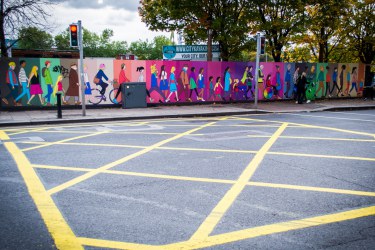When planning societal engagement activities, or more particularly citizen engagement activities linked with science and/or innovation, there are many things to consider to guarantee the success of your initiatives.
Cultural conditions are one of the most essential aspects to be analysed, as they have an impact on the participation and the involvement of your participants.
What are the culturally embedded tendencies, do people easily speak up? Are they used to engagement? How will this affect the willingness to participate? And how will this shape the actual engagement activity?
This consideration had led the SocKETs team to produce a report entitled "Cultural conditions for public engagement in Key Enabling Technologies in the industry", where they delve into the analysis of the cultural conditions in the 6 countries where the SocKETs labs will be implemented: Bulgaria, Denmark, Estonia, Italy, Serbia and, Spain.
By exploring the ways governments, industries, and citizens understand their country’s future and identity, and the role of science and technology therein, our partners VU, the Athena Institute carefully drew recommendations on how to engage them with research, technology, and innovation.
Their outcomes, globally summarized, are the following:
- In Bulgaria and Estonia, technology is perceived as playing an important role in developing a new-found identity and for making a better future possible.
- In Serbia, technology development is inherently seen as positive but distrusted due to affiliation with a mistrusted government.
- In Spain and Italy, the understanding of science and technologies’ role in imaginaries of the future and identity seems to differ among regions, due to strong regional differences.
- In Denmark, including critical voices in the debate is mostly seen as an inherent part of good STI policy. But the imaginaries that came up with the growing populist discontent at the beginning of the century seem to have been going against the embedded deliberation practices.
If you wish to know more about their conclusions and the methodology they followed, check out the report available on the SocKETs website.

